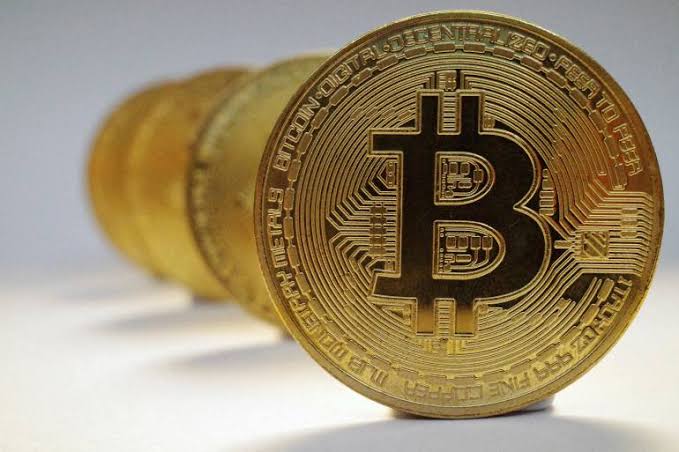As you know, there is a fixed number of Bitcoin coins – 21 million BTC, but no one knows how many of them are potentially lost. In this article, we will look at how improper storage of BTC led to the loss of coins and why no one knows exactly this amount.
It’s all the fault of the negligent storage of BTC
All Bitcoin coins are stored in wallets and are protected by private keys. If the private key is lost, the owner permanently loses access to his coins. Since there is no centralized authority that controls Bitcoin, it is impossible to recover coins after losing the private key.
As in the case of cash, upon loss, the coins disappear. When people talk about “missing BTC” they usually mean coins that can no longer be accessed because people have lost their private keys.
It’s not just people who store their private keys incorrectly. For example, at the beginning of 2019, the Canadian crypto exchange Quadriga CX announced the death of its CEO. As it turned out later, he was the only person with access to the private keys of the exchange, thus, hundreds of millions of dollars worth of funds stored on the exchange were lost forever.
The event highlighted the importance of exchanges following proper custody procedures and reminded thousands of users of the Bitcoin mantra “not your keys, not your coins.”
early years
In the early days of Bitcoin, people didn’t care about their private keys because the coins didn’t have much value. For example, during the first two years of its existence, one BTC was worth pennies. It took more than four years for the price to reach $100, and by that point, more than half of all Bitcoin that will ever exist had already been mined.
As the value of BTC skyrocketed, some early Bitcoin users struggled to find their old private keys and regain access to their coins. For example, in 2013, someone threw away their laptop’s hard drive, only to find out later that it contained 7,500 BTC. Today, these coins are worth $240 million. In another example, someone who stored 7002 BTC on an encrypted drive lost their password. Due to the design of the drive, it now has a limited number of attempts to guess the password before the coins are lost forever.
In total, there are about 3.7 million lost/irrecoverable BTC. The number of lost coins is usually estimated by observing the movement of the coins. Analysts look at coins that have not moved for several years and use this information to figure out if access has really been lost.
However, it is difficult to determine the exact amount of lost coins because some people may simply hold their BTC for a long time and still have access to their private key.
Satoshi coins?
It is estimated that at the dawn of the existence of Bitcoin, more than a million BTC were mined by one person and these coins have not yet been spent. No one knows for sure, but many assume that they belong to Satoshi Nakamoto, the mysterious creator of the first cryptocurrency. There is no way to know if the owner of these coins still has the private keys or the keys have been lost and the coins are locked forever.
Bitcoin storage solutions today
Since so many BTC were mined while the cryptocurrency had a low value (in the first 4 years), many of them were lost due to improper storage of private keys. Today, however, people are less likely to lose their private keys because Bitcoin has become much more valuable.
Miners and exchanges that have lost their private keys have taught the community very valuable lessons about the importance of managing private keys securely. In addition, more educational resources on private key management have become available over the past few years, and tools have been developed to make it easier to securely store BTC private keys.
More people use bitcoin today than 5-10 years ago. And as the value of the cryptocurrency rises, the coins are distributed to more people. This reduces the likelihood that a mistake by one user will lead to the loss of a large number of coins irretrievably.
